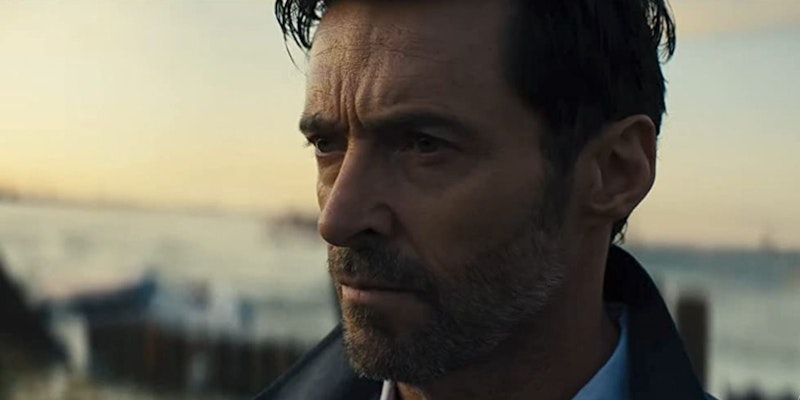In 2020, Florian Zeller's film The Father earned nearly universal acclaim, including a surprise Oscar win for Anthony Hopkins, who beat out the recently-deceased Chadwick Boseman. The film, based on Zeller's own play, was justly praised for how deftly it handled the subject of the titular character's Alzheimer's, putting the audience in the character's shows. Now, Zeller has returned with another film, also from one of his plays, called The Son. And it's much worse.
The film is missing the touch that The Father had, and comes across as much less empathetic. It doesn't help that the script is leaden and obvious, and that the actor in the title role, Zen McGrath, isn't very good. The Son stars Hugh Jackman as Peter, a bigshot lawyer who's recruited to advise a senator running for president, with an eye towards a possible position in the cabinet. The father of a newborn baby with his second wife (Vanessa Kirby), he also has a 17-year-old son, Nicholas, from his previous marriage (to Laura Dern). Learning from his ex that the kid is troubled, Peter agrees to take Nicholas in. But his troubles, related to severe depression and mental illness, don't go away with the change of scenery.
The number of bad choices here are baffling. I'm not sure how far in the past this film is set, but it’s unfamiliar with how childhood mental illness is treated now, contriving various scenarios for dramatic purposes. In real life, especially in elite Manhattan spaces, if a kid doesn't show up for school, the parents hear about it the first day, as opposed to months later. This comes to a head in a ludicrous scene in which the parents are demanded to make a decision, at that moment, with their son present. There’s also a scene in which the characters dance to Tom Jones' "It's Not Usual.” I get that Jackman is a song-and-dance man, but it’s jarringly incongruous with the tone of the film.
The film's themes are mostly about men being bad fathers that have negative effects that run through the generations. This is hammered repeatedly—including in a scene when Hopkins appears as what's implicitly a younger, pre-Alzheimer's version of his character from The Father. All that does repeat points that are already established, and retroactively color our impressions of the character from the previous film. That scene, at least, has two fantastic actors, Jackman and Hopkins, going at it. McGrath gives one of the year's worst performances; his every word comes across as a whine. And neither of the very talented main actresses, Kirby and Dern, are given much to do. But that's nothing compared to the manipulative nonsense at the end. It's mawkish and insulting.

